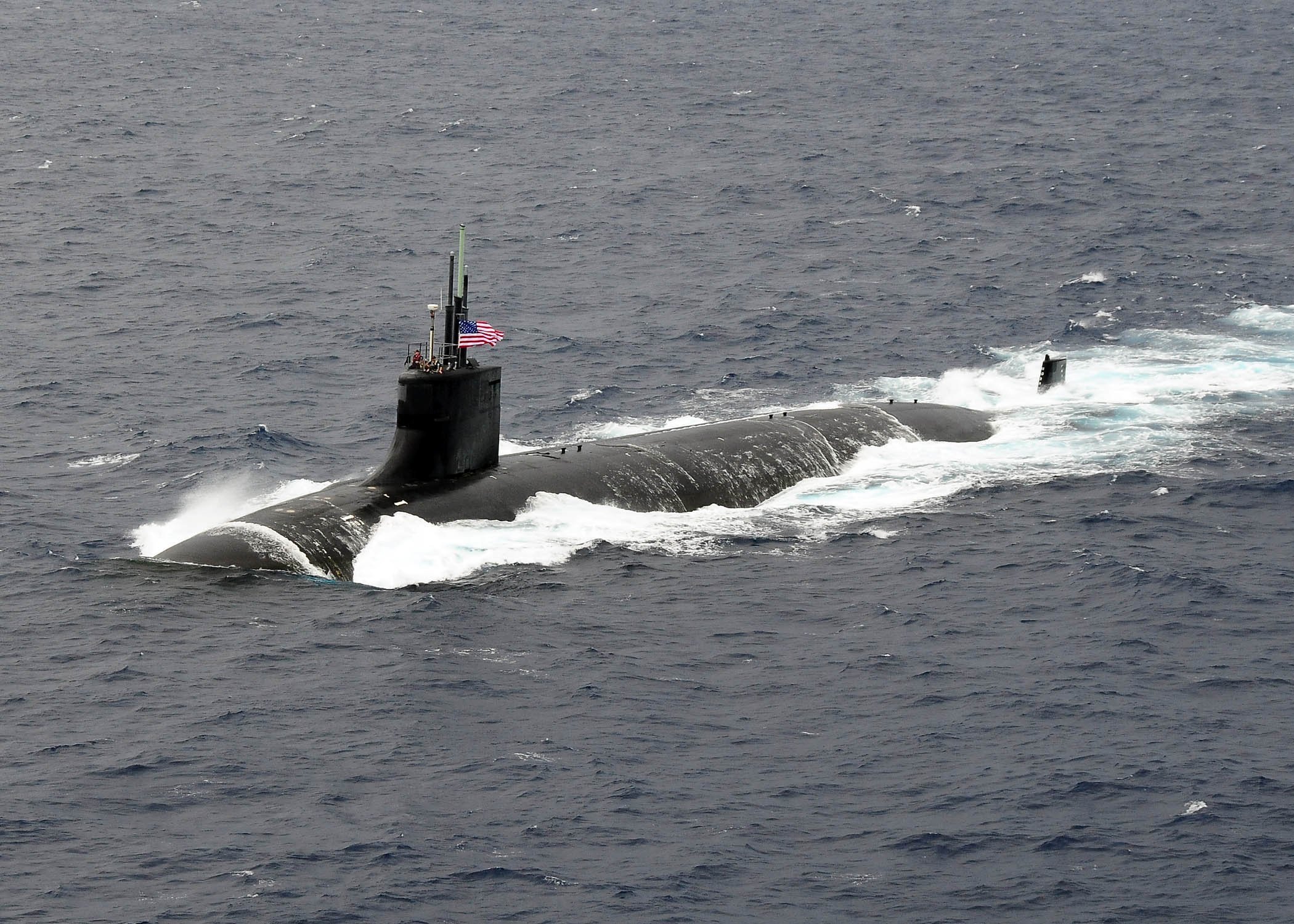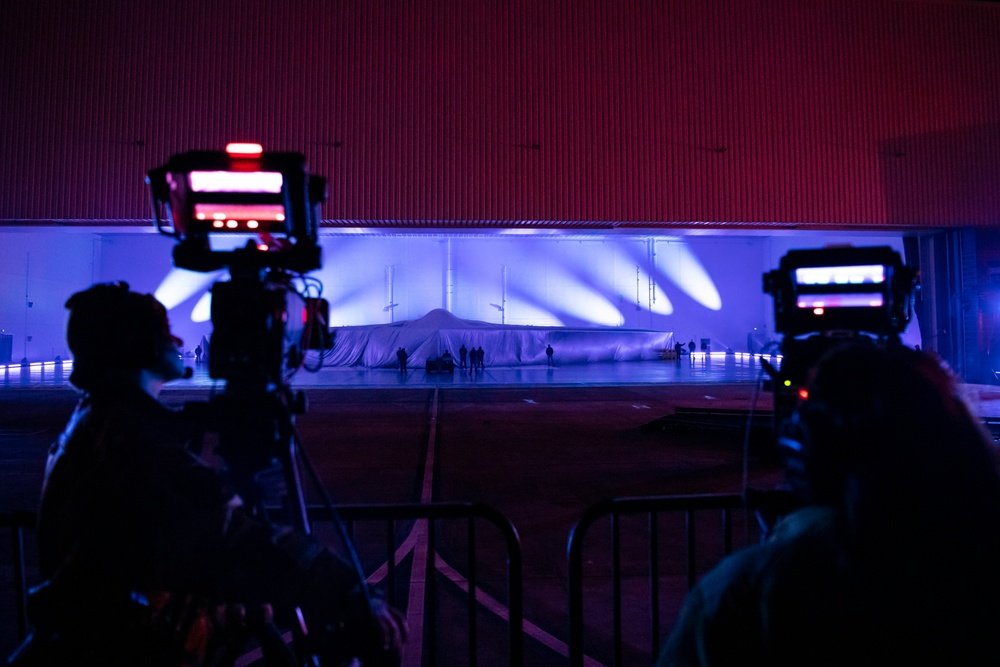Dissertation: Strategies of Military Technology Revelation
How do states reveal information about advanced military technologies to their security rivals in the context of peacetime competition? In weighing the decision to reveal advanced military technologies, states face a tradeoff: while hiding information about new weapons preserves their military effectiveness and the possibility of generating surprise, it sacrifices the potential deterrence, bargaining, and prestige-based benefits of military power. In explaining varied capability revelation behavior, I argue that states select among four signaling strategies that vary in strategic logic, how much information is revealed, and whether deception is involved: hiding, in which the state conceals a technology to maintain secrecy; alarming, in which states exaggerate relative technological weaknesses and conceal strengths; swaggering, in which states exaggerate relative technological strengths and conceal weaknesses; and disclosing, in which the state reveals high-fidelity information about a technology. I then propose a theory that explains why states select one strategy over another. Specifically, I contend that strategy selection functions as an interaction of two variables: technology perishability - the anticipated ‘shelf-life’ of a military technology following its revelation; and war likelihood - appraisals of the signaling state’s security environment. When technology perishability is high, decisionmakers will perceive larger risks associated with revelation and thus limit or misrepresent information. Low technology perishability will incentivize signaling more information due to low revelation costs and high response costs. As the likelihood of war grows, states experience increasing incentives towards military secrecy to preserve the warfighting utility of advanced technologies and optimize for technological surprise. I test my theoretical framework through in-depth case studies, archival research and elite interviews, and process tracing. My case studies include: British capital ship technologies before the First World War (1898-1914); German aviation technologies during the Interwar Period (1919-1939); U.S. ballistic missile technologies during the early Cold War (1945- 1968); and U.S. stealth technologies during the late- Cold War (1958-1991).
Current Projects
-

Nuclear Security
In several working papers, I explore the role of nuclear weapons in global politics. In a first working paper, I evaluate the role of status and prestige-based drivers of nuclear proliferation and post-acquisition behavior, comparing the nuclear politics of Britain and France during the Cold War. In a second working paper, I evaluate how new nuclear weapon states navigate periods of heightened strategic vulnerability between acquisition of the bomb and achieving credible second-strike capabilities.
-

Military Innovation and Wartime Learning
With a co-author (Wright Smith), we ask how militaries learn from the wartime experiences of others (whether friend or foe) and make adaptations. Through a study of British and American military intelligence of RAF and Luftwaffe efforts during the early air campaigns of the Second World War (1939-1941), we propose a theory to explain varied wartime learning. A version of this paper won the graduate semifinalist award for the Bobby Inman Award for Student Scholarship at the University of Texas Austin’s Intelligence Studies Project.
-

Campaign Analysis and Military Effectiveness
In a working paper, published in short form through the Center for Strategic and International Studies, I conduct a campaign analysis of a notional U.S. anti-submarine warfare campaign in the Arctic Ocean and Barents Sea. In addition to evaluating the vulnerability of SSBNs, I also explore the possible operational consequences of climate change (in particular, a rapidly melting Arctic icecap) for such a campaign.
